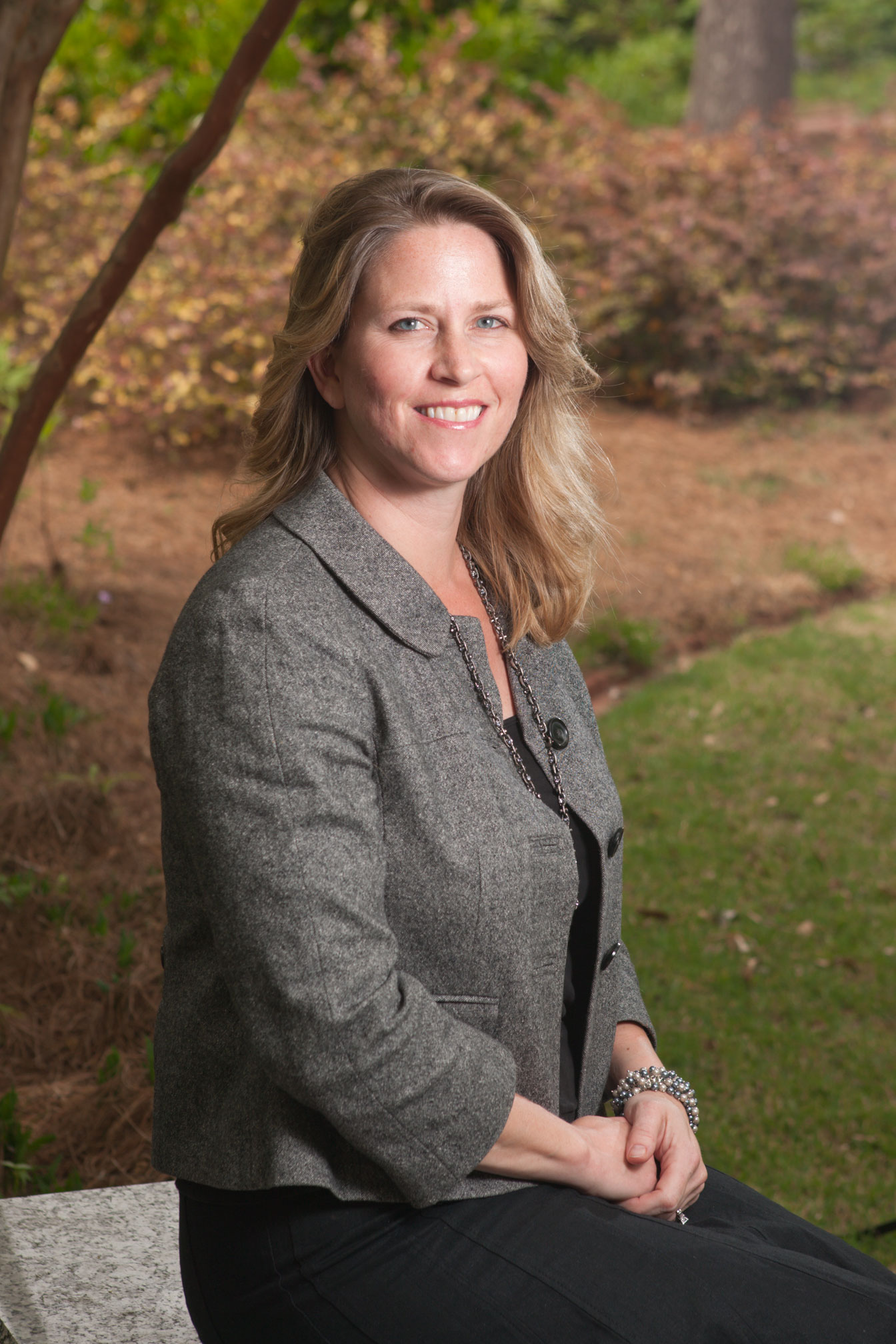For Courtney Tobin, April 1 ended months of hard work and planning. But for the 115 community leaders who had gathered at Andrew College in Cuthbert, it began fresh discussions about Southwest Georgia’s future.
Tobin, public service associate and attorney, organized and facilitated an economic summit with Louise Hill, a fellow faculty member at UGA’s Fanning Institute. Many colleagues contributed to the effort from Cooperative Extension, Fanning, CVIOG, the College of Agricultural and Environmental Sciences, Fort Valley State University and Albany Technical College.
Input from community leaders in a nine-county region stretching from Blakely to Americus helped make the day a success. Called “Economic Opportunities for Southwest Georgia,” the summit was part of an initiative from U.S. Rep. Sanford Bishop’s office to focus on realistic economic development opportunities for that area.
Tobin is well-versed and skilled in involving the public in decision-making. As former head of the Indiana Development Finance Authority, Tobin needed citizen input for success in redeveloping contaminated properties. As a collaborator on a Sea Grant project, she studies how public leaders use input to develop environmental policy. And as she crosses the state working on community issues—the environment, poverty and prosperity issues, and community economic development—including the public is crucial.
|
|
| FACTS |
| Courtney Tobin |
|
Public Service Associate and Attorney |
|
|
Involving local leaders in the design of this economic summit was second nature to Tobin. She and Hill laid the groundwork for the summit in December by listening to community members. A team of Fanning faculty facilitated half-day listening sessions in each county to learn about local issues, past economic development efforts and hopes for the economic summit.
One comment the team heard over and over was, “No one will come to a meeting like [that].”
So four to six people from each county were recruited to plan the day. Tobin and Hill asked them what the focus would be, who should be on the program and what kinds of discussions should take place. Community members did not want PowerPoints, sticky dots or games. They wanted a chance to talk to each other and experts about realistic economic opportunities.
“They told us, ‘We know we need to work regionally and we live in high poverty counties. We’ve been studied and processed to death,’ ” Tobin said.
She said that Southwest Georgia is a beautiful area and the people who live there are passionate about it. High-level dignitaries kicked off the day and expert panelists offered ideas for the future. But the regional success stories were the highlight: a 65-mile yard sale called High Cotton that attracts tourists; a multi-county effort to secure broadband Internet access and attract new business; a four-county strategy for 911 service; a five-county 4-H program; a grass-fed beef operation and more.
But new ideas are needed.
“Some good studies have been done in the past, but at some point the area needs to focus on implementing its choice of the best of those recommendations,” Tobin said. “We need to let [communities] determine their own destinies—the knowledge is all there locally.”
She added: “When you make it a process driven by the community, people want to participate, and change happens.”


